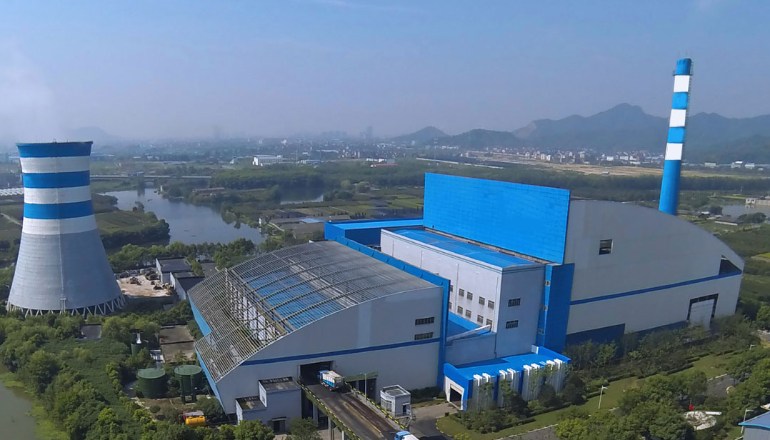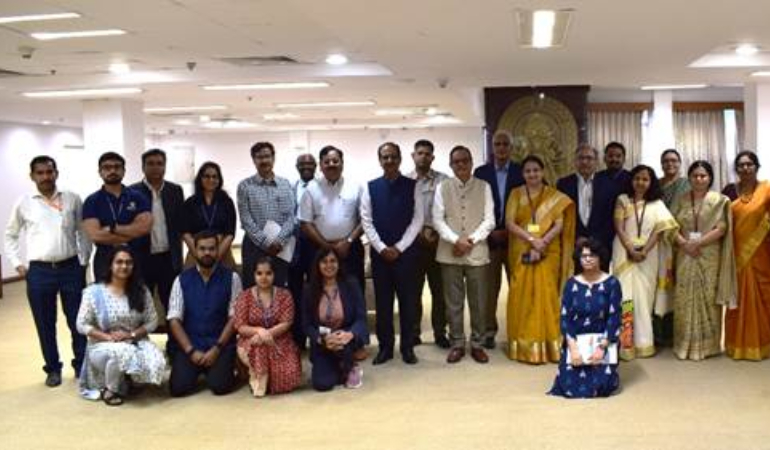Reliance Industries Limited (RIL) and DBS Bank India have joined forces to promote the adoption of compressed biogas (CBG) in the country. The country produces a significant amount of agricultural residue, which is usually burnt in the absence of the required processing infrastructure and logistical support.
The partnership:
This collaboration will address the challenge of unorganized agricultural residue management and unlock the potential of CBG as a sustainable alternative to imported fossil fuels.
Reliance is investing in establishing 100 CBG plants across India over the next five years, consuming over 5.5 million tonnes of agricultural residue and organic waste annually. This initiative will contribute to a projected reduction of nearly 2 million tonnes of carbon dioxide emissions.
Recognizing the need for a customized approach, DBS Bank India has developed a unique supply chain financing program tailored to the specific requirements of RIL’s CBG project. This program will empower vendor partners, primarily farmers, to aggregate agri-residue efficiently and ensure competitive logistics.
Advantages:
Reliance’s CBG plants will not only reduce air pollution but also generate Fermented Organic Manure (FOM), improving soil fertility and reducing dependence on chemical fertilizers. This creates a virtuous cycle that benefits the environment and farmers’ livelihoods.
This collaboration aligns with India’s vision for a clean energy transition and supports the Global Biofuel Alliance’s aim to replace fossil fuels with sustainable alternatives. Reliance’s flagship CBG production facility in Barabanki, Uttar Pradesh, exemplifies this commitment, showcasing world-class technology and is expected to reduce 40,000 tonnes of CO2 emissions annually equivalent to absorptions by 15,000-acre rainforest.
Quotes:
Rajat Verma, Managing Director and Head of Institutional Banking at DBS Bank India said, “India’s green energy sector is crucial to its net-zero strategy. We proudly partner with Reliance Industries to empower the journey towards a sustainable future through innovative banking solutions.”
Harindra K Tripathi, Head Bio-energy Business, RIL, said, “Compressed Biogas plants are a key solution to utilizing organic waste and reducing air pollution. Our CBG plants will also contribute to FOM production, enhancing soil fertility and reducing fertilizer use.”








